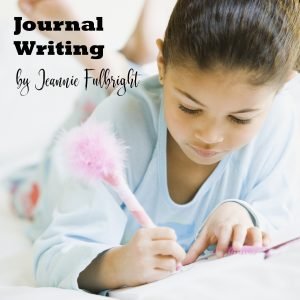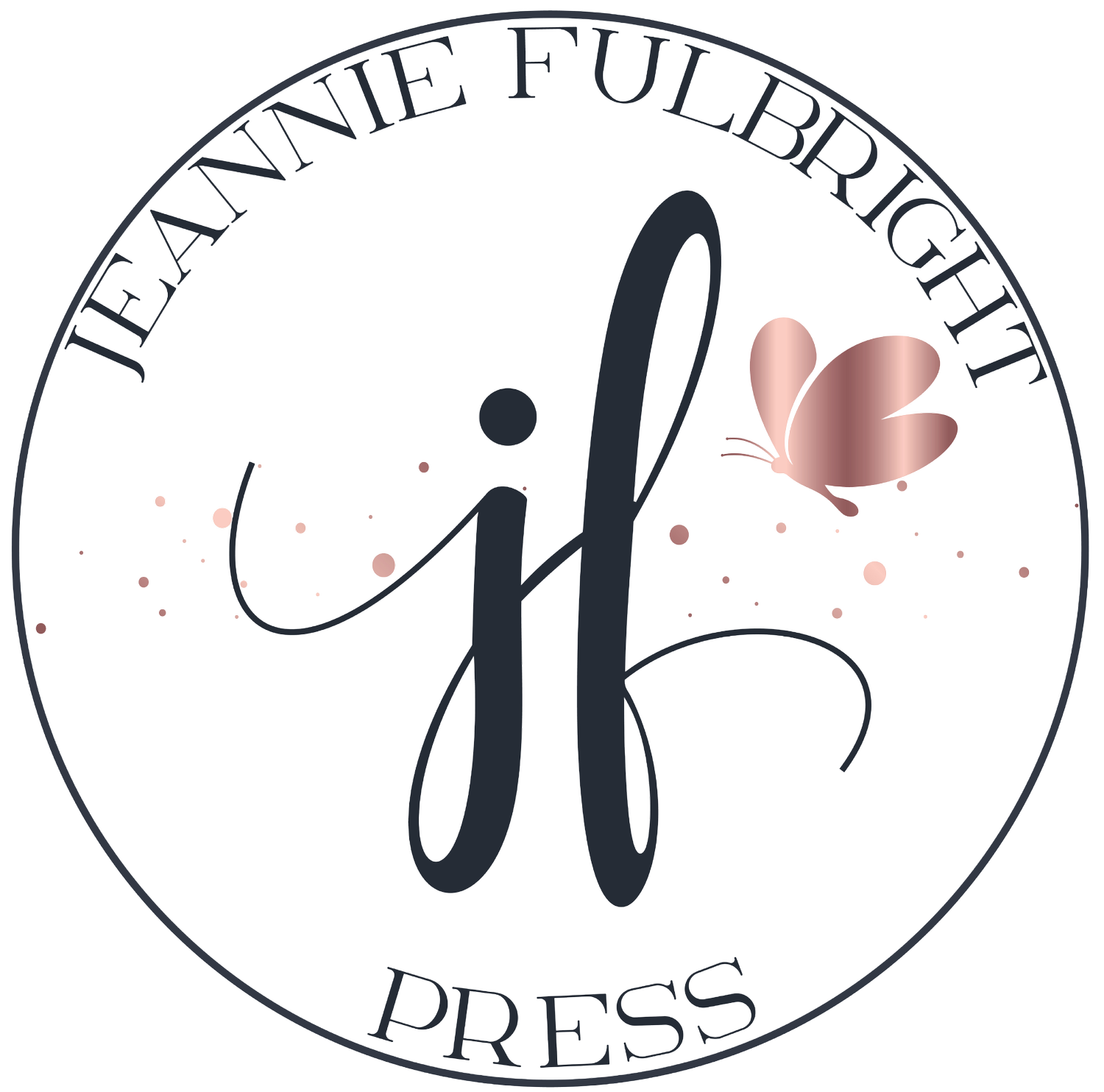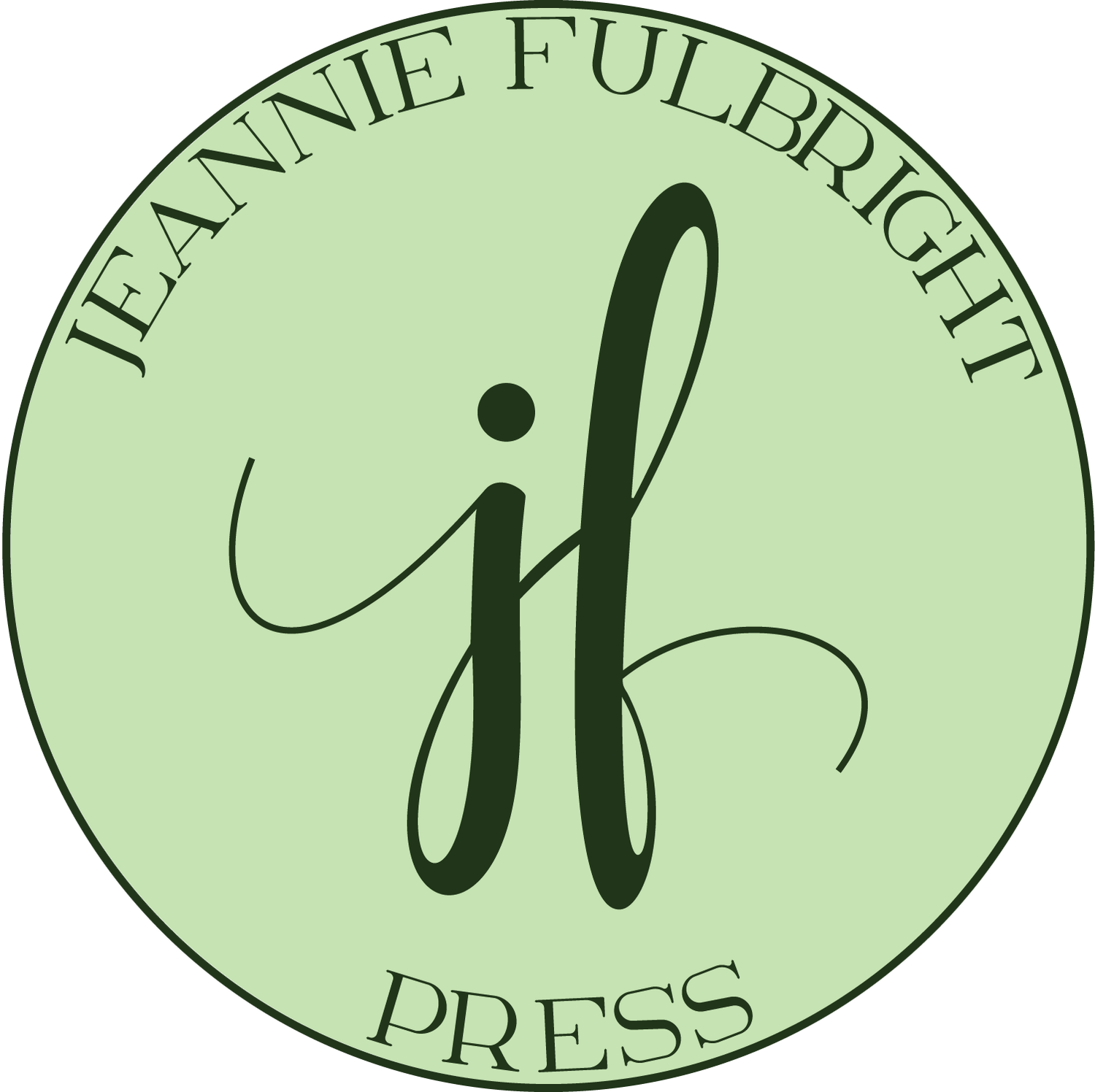Journal Writing
The benefits of journaling are countless. It was truly one of the best things we implemented into our homeschooling. Not only did my children enjoy journal writing, the time they put into journaling during the elementary years laid the foundation for academic writing in the middle and high school years.
However, I did not allow my children to journal until they could spell some of the common words found in a typical journal entry. Charlotte Mason taught, and I believe, that children should not be allowed to write misspellings as it ingrains improper spelling into their minds. I think this is true for some kids—maybe the visual learner, however others are less affected. Nevertheless I did not allow my children to write in journals too young for fear of further ingraining misspellings.

After we knocked out the common words with my Spelling Solutions program and made even more headway with spelling through Phonics Intervention, I felt it was time to begin daily journal entries. My children would write a paragraph or two each morning about something of interest to them. I usually looked over their entries and pleasantly talked with them about punctuation and spelling, however I didn’t say anything if large words were misspelled. I would ask, "Where does the period go?" or explain why a comma was necessary here or there. I was never critical of their writing style or the content of their journal entries, even when they wrote an entire page about how hard it is to win at Zoo Tycoon.
Through my children’s journal writing, I could actually watch their writing progress over weeks and months.
Our short and sweet discussions on grammar compelled them to apply the correct usage more regularly. I began to notice capital letters at the beginning of sentences as well as periods where they belong.
Over time I noticed that their physical ability to write improved drastically. My children began by writing three sentences in each entry (with some moaning) then progressed to writing an entire page without whining a bit. The hand muscles for writing need to be exercised, and once they are built, writing isn't such a chore.

I am one of those people who regularly kept a journal through junior high and high school. I believe that journaling nurtures the writer within. However, I don't believe that journaling produces good academic writing; it does, however, make it easier to produce academic writing. As children journal, they truly learn to regularly apply the rules of grammar they have mastered and become proficient at writing lengthy pieces. These are two necessary ingredients for producing quality academic writing.
Because of the success I had experienced with my boys’ writing, I implemented journaling with my younger daughter when she was seven years old. She's a natural speller (typical girl) and, though she did quite a bit of copywork, she really needed to be challenged to write more at a younger age. Once she started journaling, her ability to write improved.
When she did her copywork, her writing was beautiful and perfect. However, when she wrote notes to me or others, her words were all smacked up next to one another with no separation—and they were all different sizes. She would throw capital letters into the middle of a word and begin with lower case letters, and the like. She was accustomed to producing excellent work when she did her copywork, but was unaccustomed to putting forth effort in personal writing.
To correct this, I formally required her journal entries to be done with excellence. It was hard at first because she had to do a lot of erasing, but after only a few days of this, she began to work harder on her writing. Working with diligence and meticulous effort on her journal positively affected her writing in other areas as well.
I would love to hear from some of you who required your children to journal when they were young. Did you find journal writing in your homeschool beneficial? If so, in what ways?

